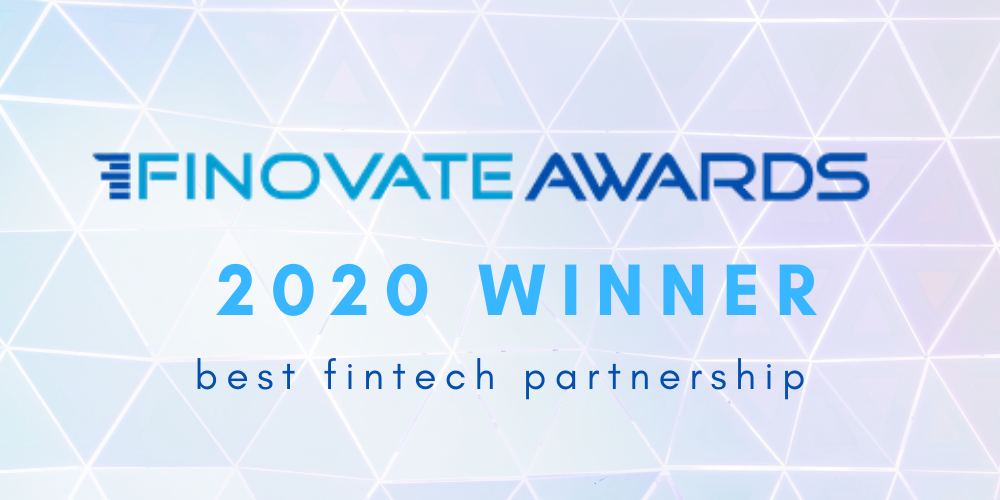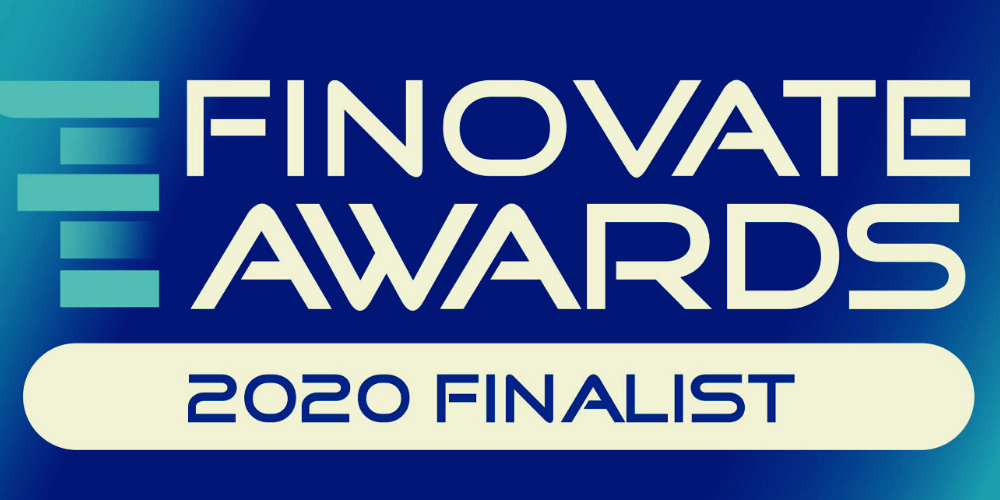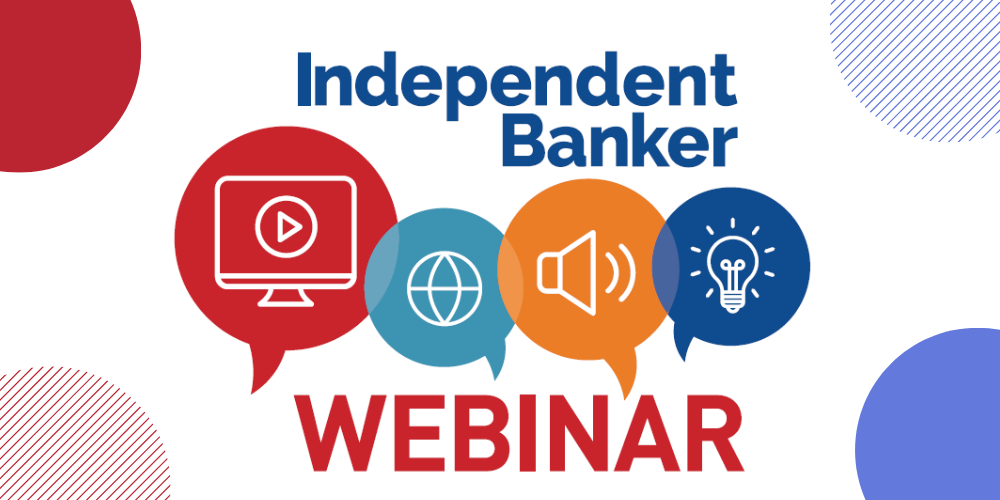Watch Now! Teslar's ICBA Webinar
Teslar Software hosted an ICBA webinar on September 23rd, 2020 and David Hamrick, Account Executive at Teslar, gave an amazing presentation!
In this webinar, David introduces Teslar and how we provide automated workflow, portfolio and exceptions management, and loan review and collections tools to streamline processes with easy access to relevant information needed to operate.







.png)

.png)